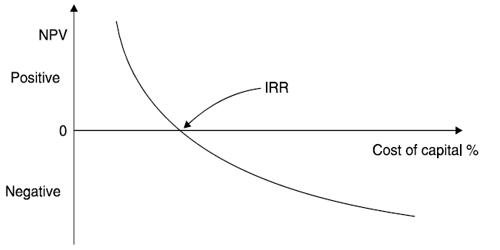The Ministry of Finance announced Monday that India’s new taxation law for virtual digital assets will not allow individuals to credit losses on one asset against profits on another, a decision that the head of the country’s main cryptocurrency exchange called “detrimental” and “regressive.” In February of this year, India proposed legislation to tax virtual currencies. It recommended a 30% tax on profits derived from the transfer of any virtual assets. New Delhi recommended a 1% tax deduction at source on payments connected to the acquisition of virtual assets to record data of all such crypto transactions.
The Ministry of Finance said today in a clarification that it intends to tax each digital asset investment separately, a shift from how the country controls stock market transactions, penalizing an industry that is already poised to suffer among of the world’s highest tax rates. The clarification, which also states that mining cryptocurrency infrastructure expenditures cannot be considered acquisition costs, comes less than two weeks before the planned crypto taxation law is slated to take effect (April 1).
The announcement shocked the Indian crypto community, with numerous founders voicing their dissatisfaction. The action, according to Ashish Singhal, co-founder and CEO of CoinSwitch Kuber, which is supported by Andreessen Horowitz, is “detrimental for India’s crypto business and the millions who have invested in this growing asset class.”
According to Singhal, such a move might push users to underground peer-to-peer markets, where they are not forced to validate their true identity, negating the tax’s objective. Virtual digital assets (VDAs) were recognized as an emerging asset class in the government budget earlier this year. As a result, a sensible course of action would have been to gradually bring the laws in line with those governing other asset classes,” he explained. “Instead, we’ve taken a step backwards today with this explanation.” If a regressive provision like this had been in place in stocks, individual investors would have been deterred from engaging,” he continued.















